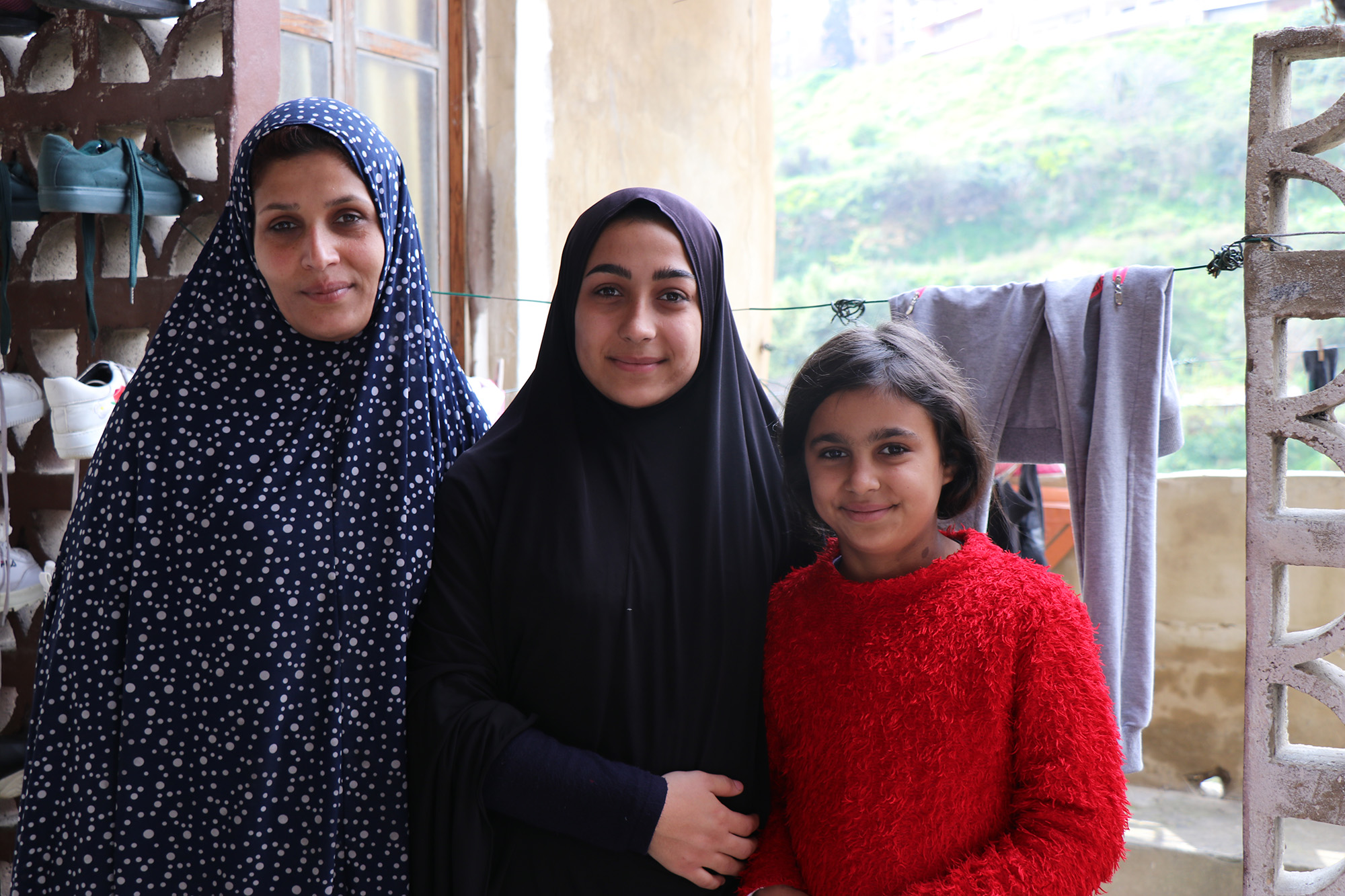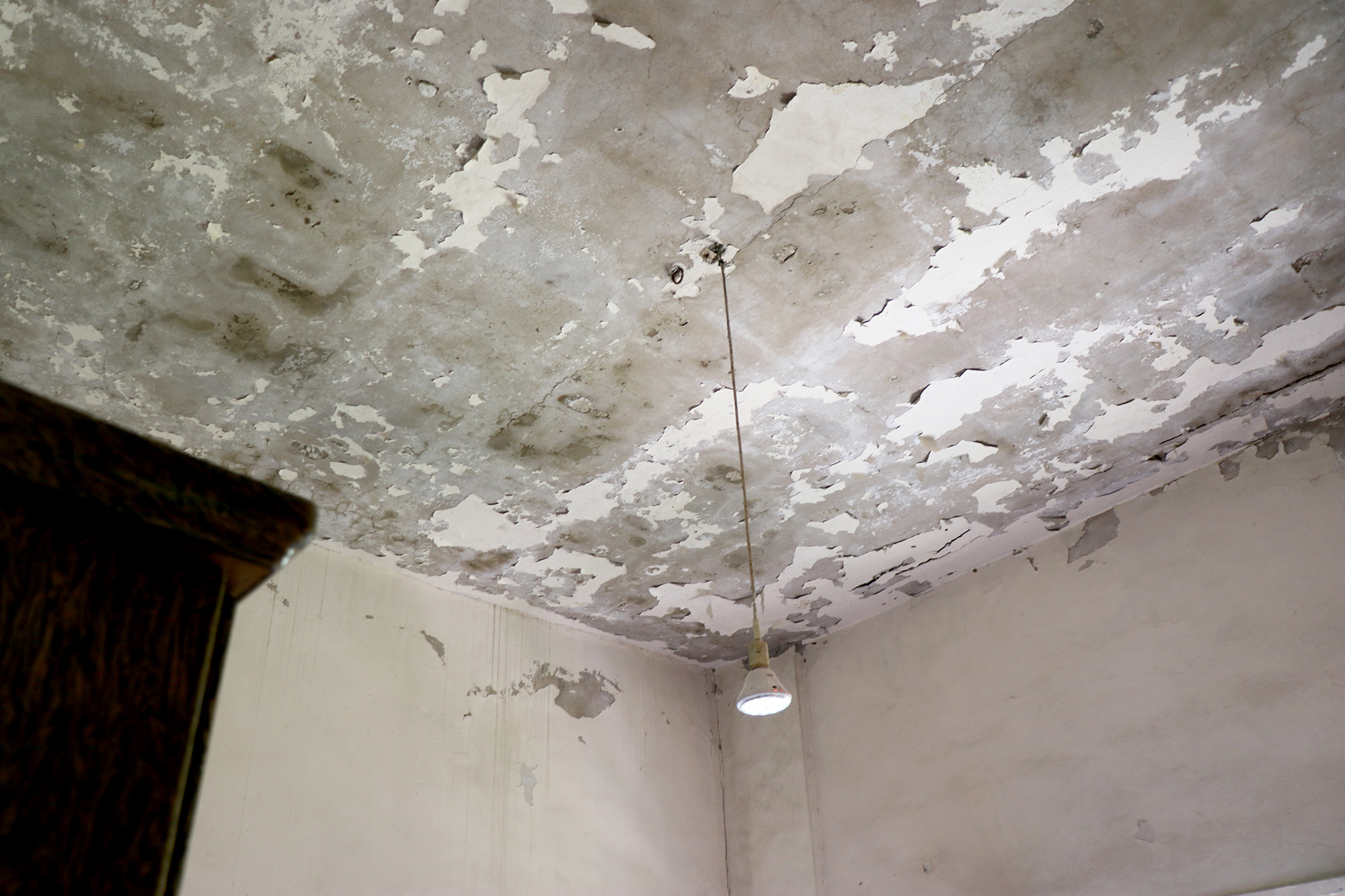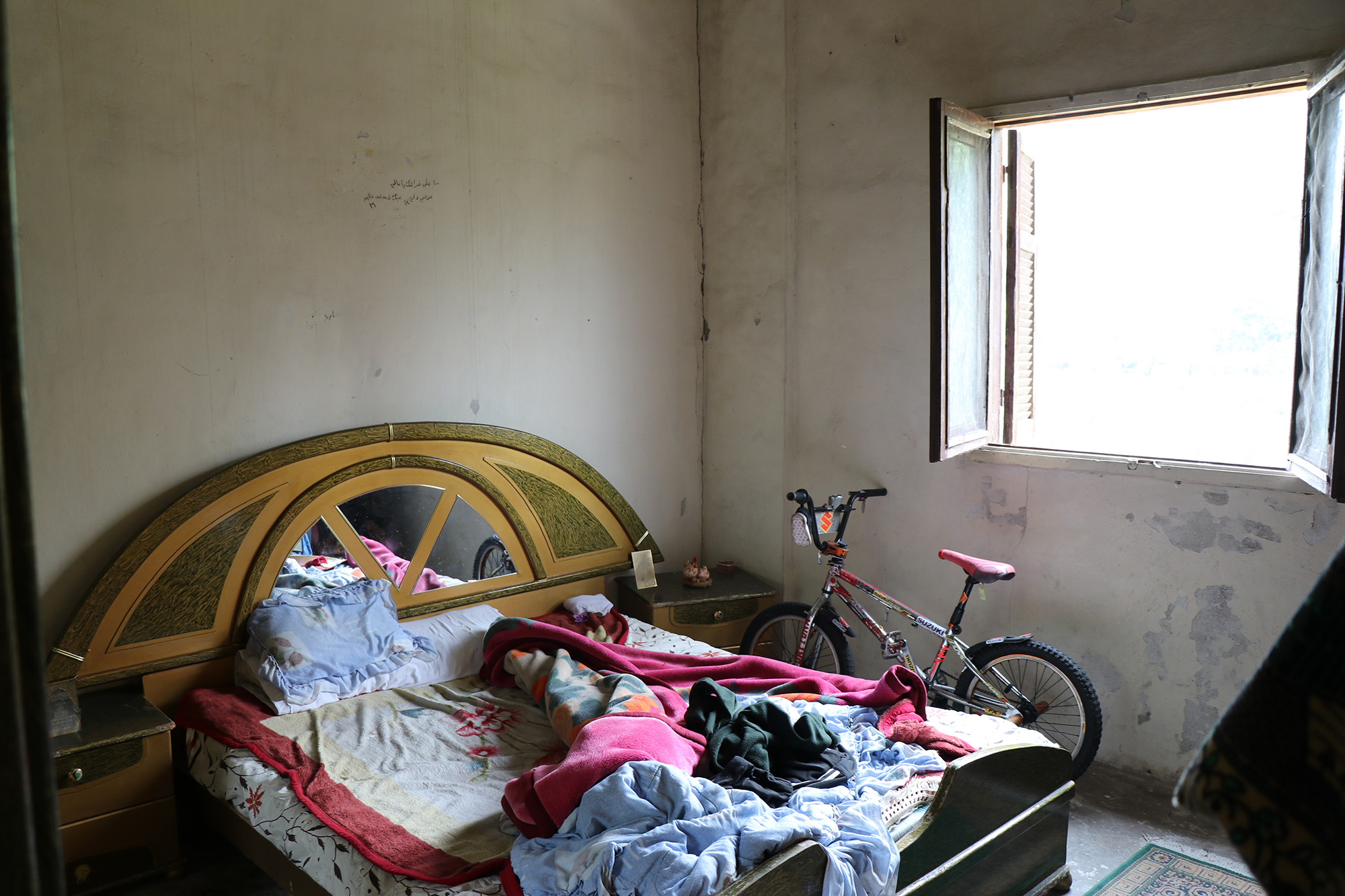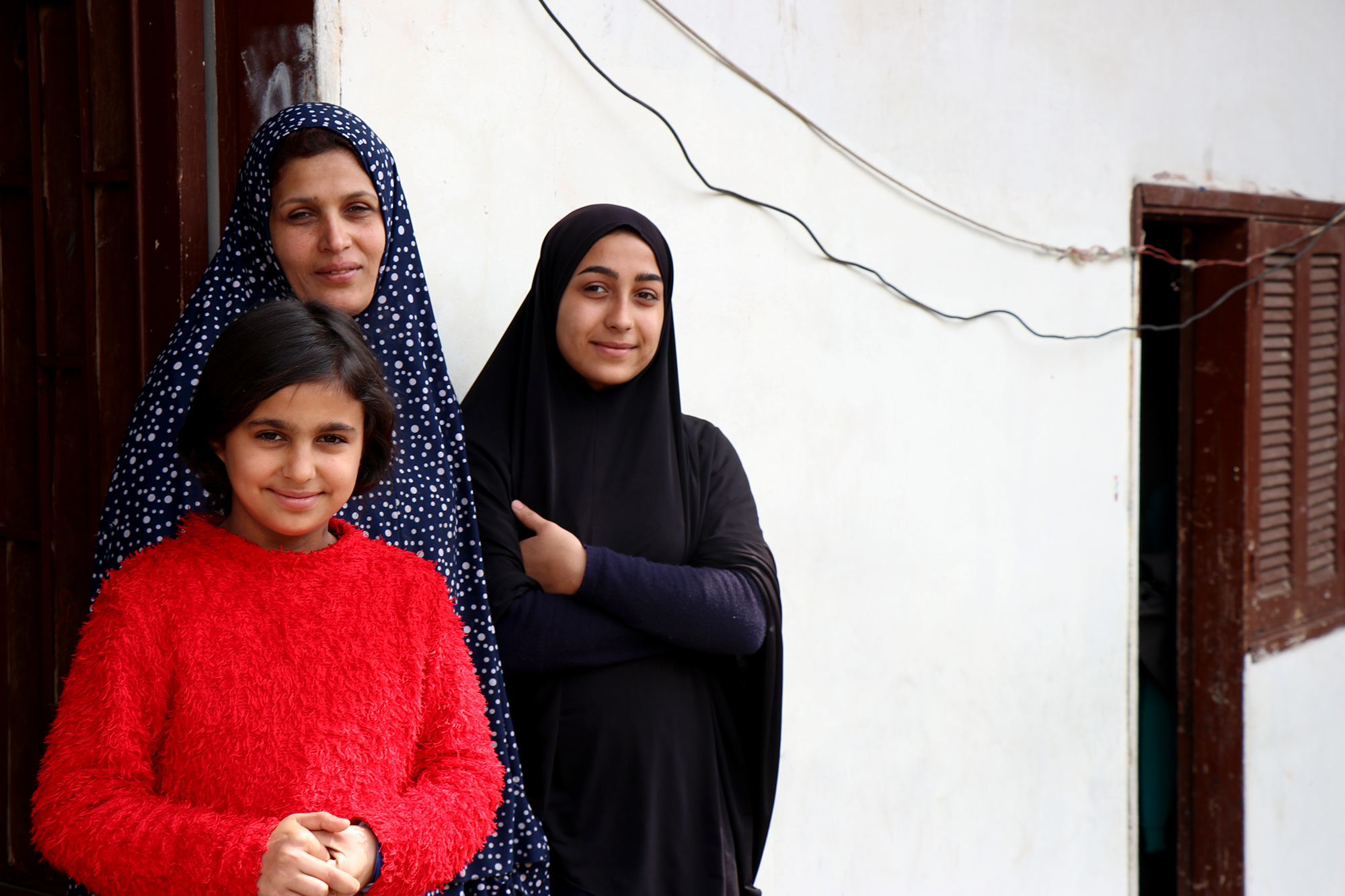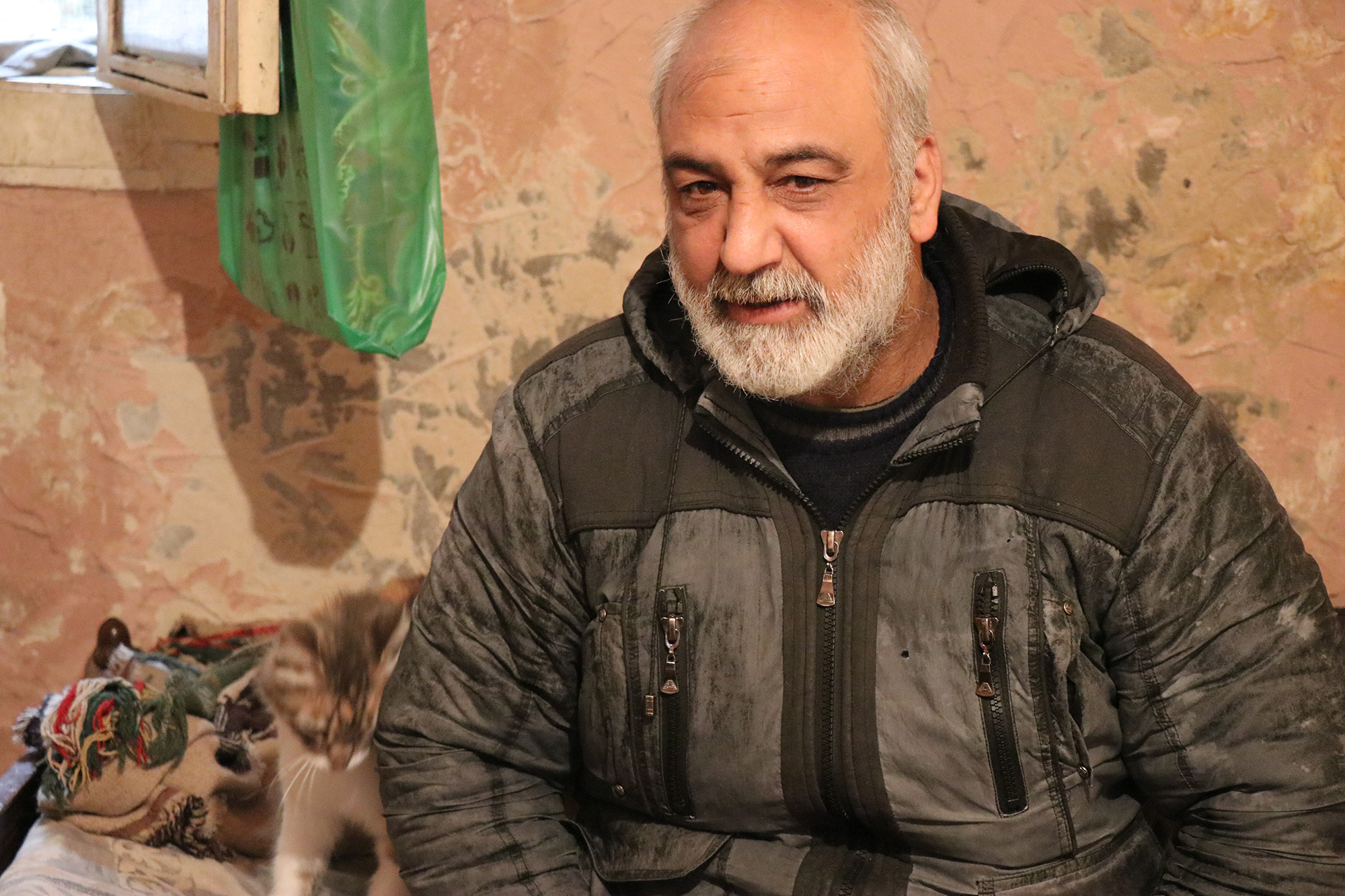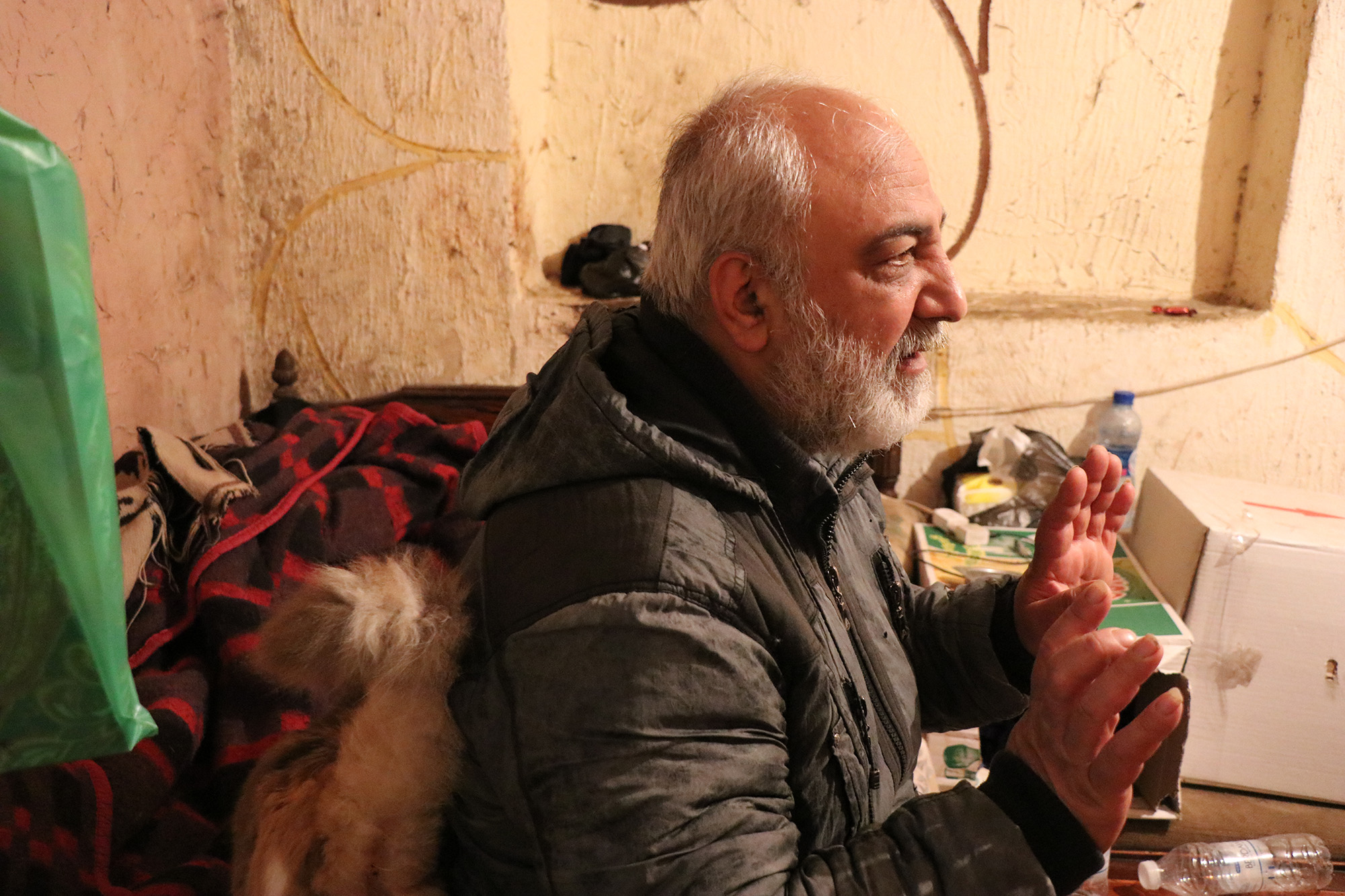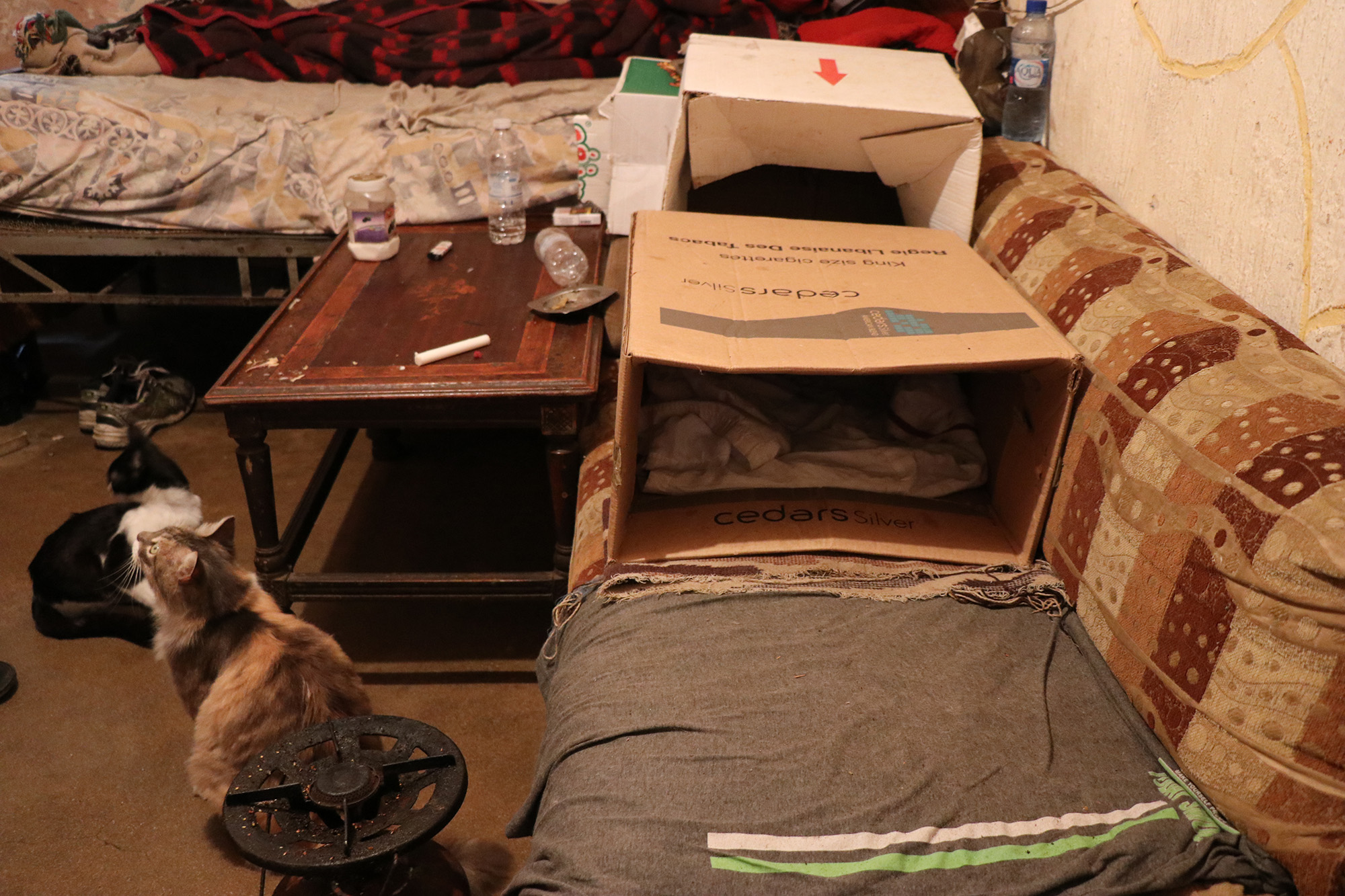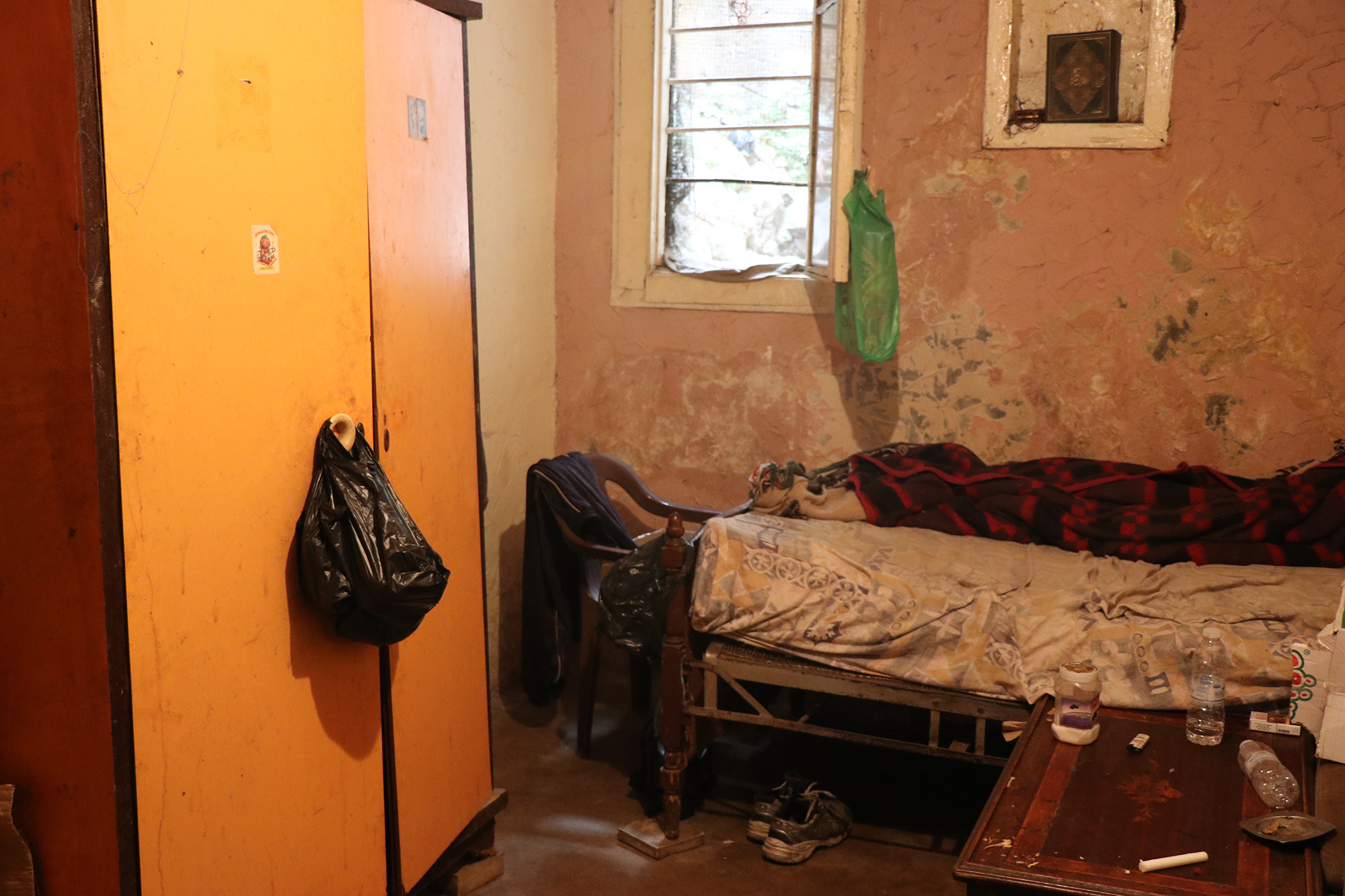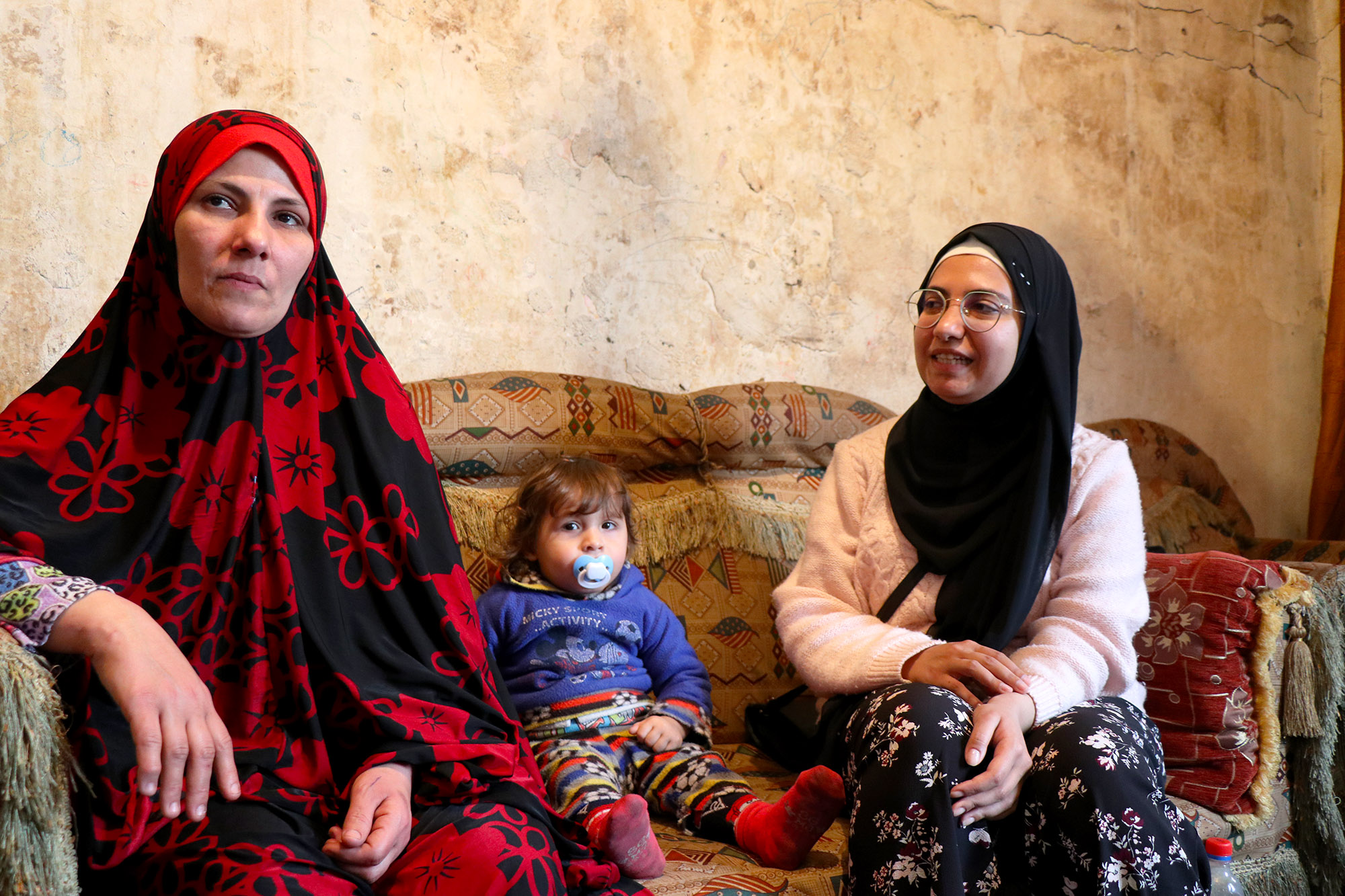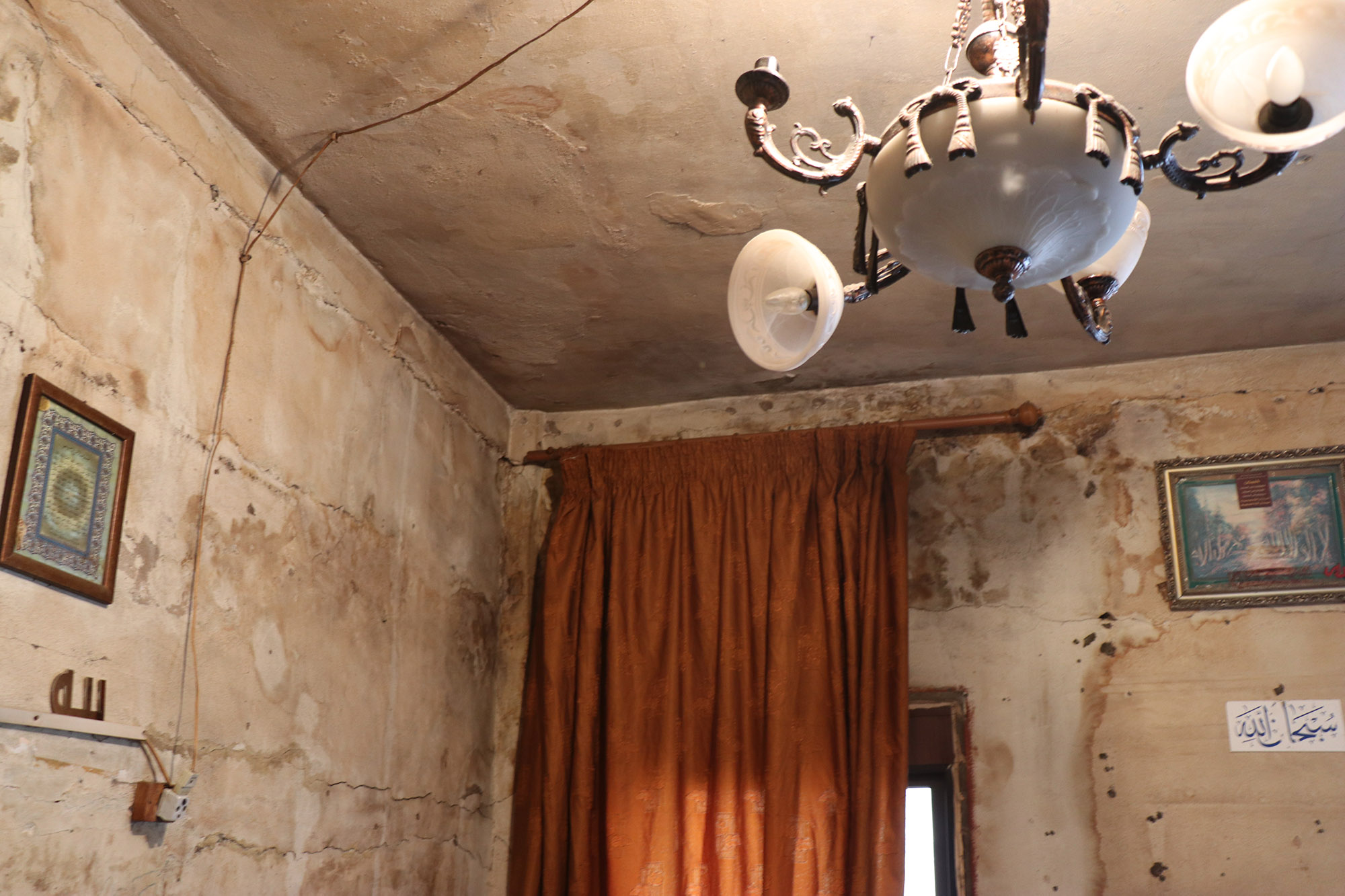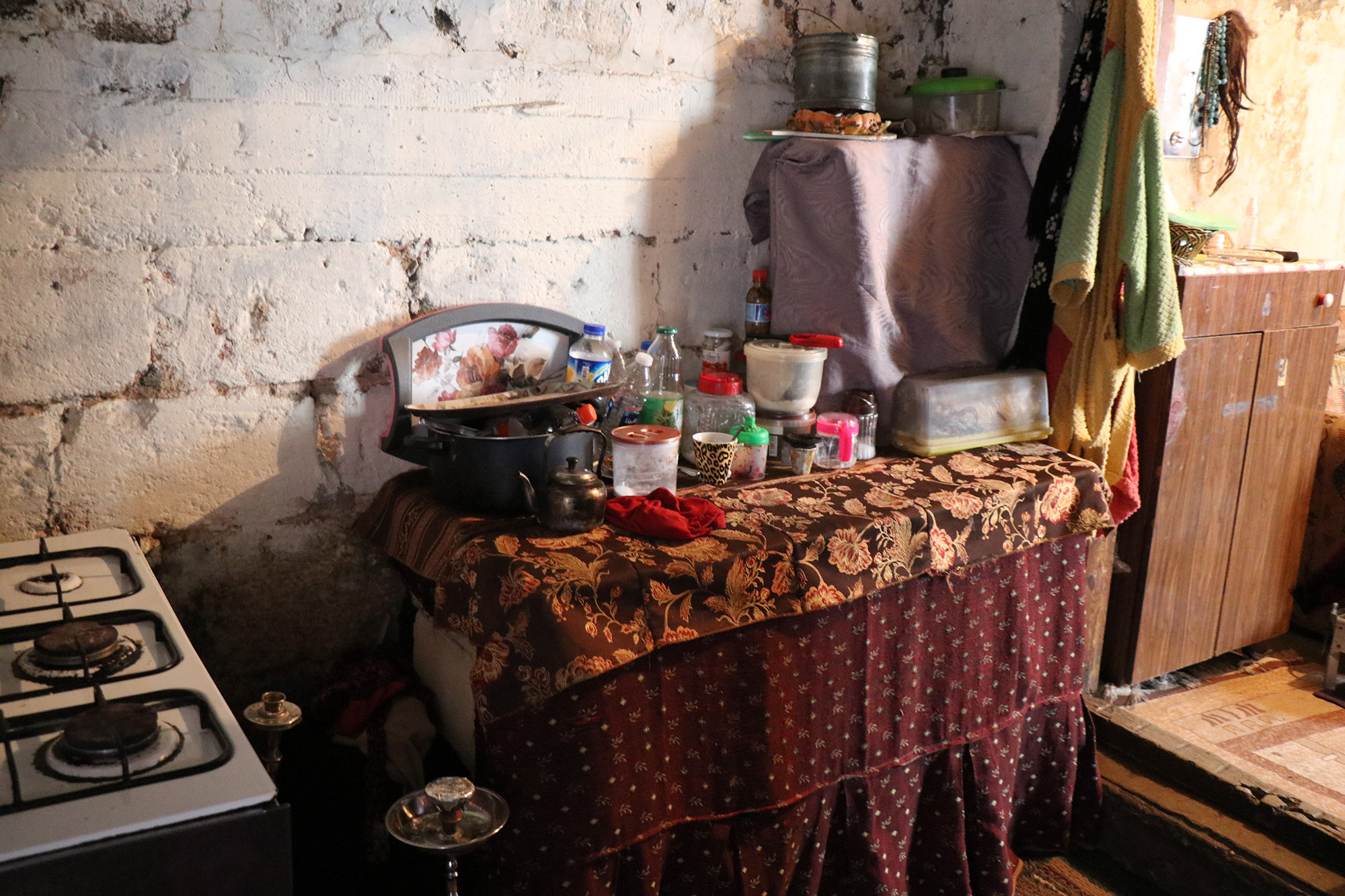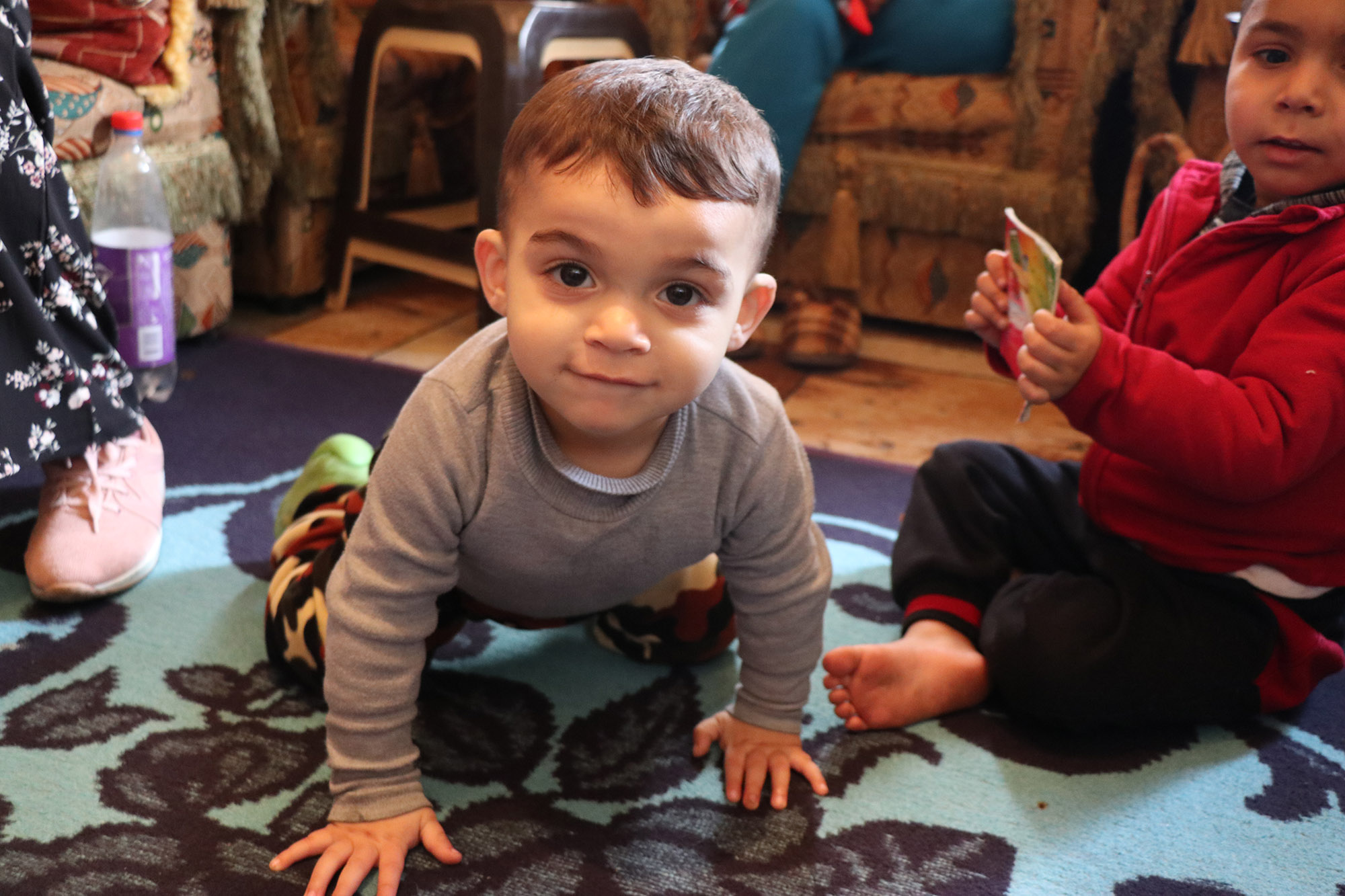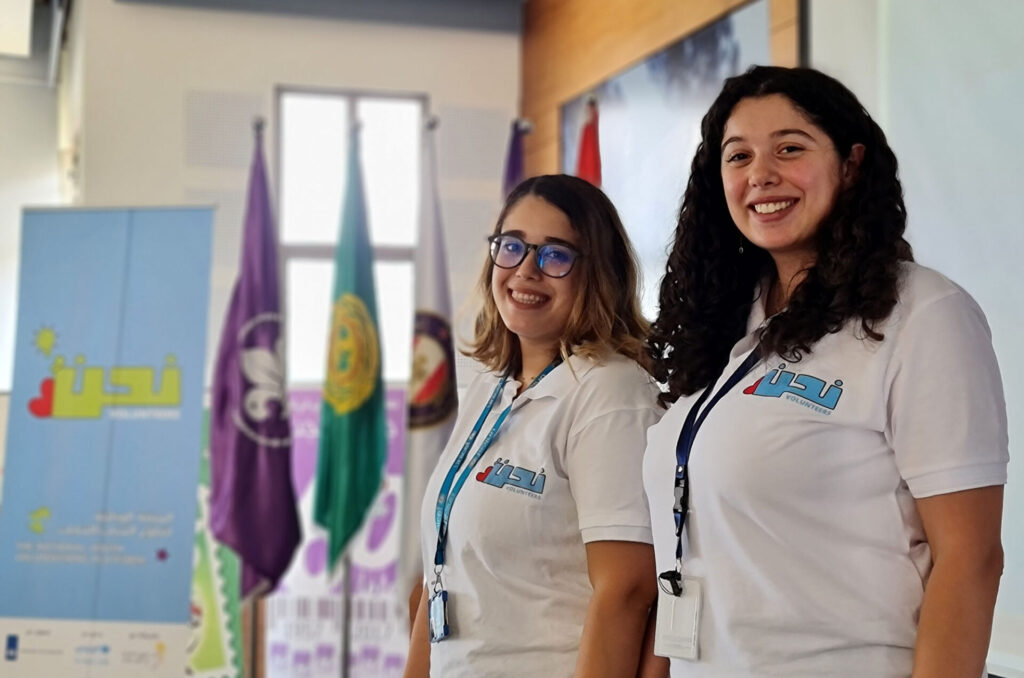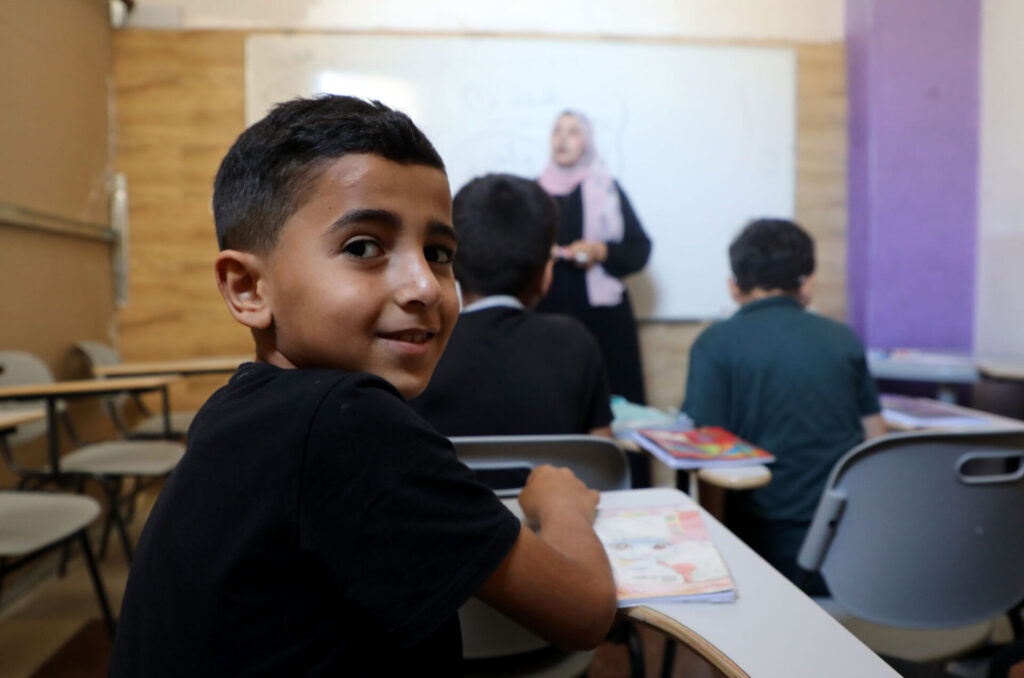COMMUNITY
Supporting Vulnerable Families With Cash Assistance in Lebanon
Mar, 2020
Anera’s winter 2020 cash assistance program looks at the physical living conditions of families in its selection criteria, evaluating the condition of families’ homes. Many buildings lack protection against the winter elements, with leaks and even unshuttered windows.
Cash transfer programs have transformed the way that humanitarian aid is delivered. Anera’s program in Lebanon brings added innovation by including vulnerable host communities as well.
UN organizations and partners have agreed that provision of emergency cash assistance is the best approach to support the most vulnerable families affected by poverty and the Syrian refugee crisis. Assistance through cash transfer programming is the most direct, efficient and effective method to rapidly address shelter, basic household and early recovery needs.
Anera’s cash program is unique in that it provides assistance to vulnerable Lebanese host communities, to avoid exacerbating tensions between them and Syrian refugees. Many of the communities in Lebanon where Syrian refugees have encamped are among the poorest and least prepared for the influx of new residents. Many Lebanese residents and refugees cannot afford to pay for utilities like running water and heat. Tensions are very high between the host community and refugees, and there is a desperate need for social cohesion efforts.
In coordination with the Ministry of Social Affairs in February, Anera distributed cash disbursements of $375 per household to 140 Lebanese households in Tripoli, in North Lebanon.
Learn about some of the families who benefit from this program below:
Rania — Tabbaneh, Lebanon
Rania is a single mother with three children living in the Tabbaneh neighborhood of Tripoli. It is one of the poorest areas in Lebanon. She and her kids live in a small room in a deteriorating building with her mother-in-law and her husband’s family. Her husband left her years ago and married another woman, but Rania still depends on his family for protection, even though they are barely getting by themselves. It is really difficult for a single woman to survive on her own in this area.
Her eldest daughter is 17, her son is 15 and her youngest is 12. Her son works at an auto repair shop and earns about $4 (10,000 LBP) a day. More often than not, they are forced to rely on food scavenged from dumpsters to eat. They cook the remains of vegetable waste that shops discard. They use a pot to heat water on an old stove to bathe themselves. All of them are illiterate. Rania’s husband lives nearby but is not in contact and provides them with no assistance.
With Anera’s winter cash assistance, Rania was able to purchase underwear for her children, food and winter clothes (such as a jacket for her daughter). She would like to receive ongoing support because she cannot support her children on her own.
Ali — Jabal Mohsen, Lebanon
Ali, 50, lives in Jabal Mohsen, a neighborhood in eastern Tripoli, Lebanon. A professional home painter by trade, he has been unable to work since being badly injured. He was wounded just outside his house, a civilian victim of one of the outbreaks in fighting in the long-running sectarian religious conflict between the Jabal Mohsen and Tabbaneh neighborhoods.
Ali lost his intestines in the incident and can no longer do any physical work. He has no family or other social support network. He lives in a single room with his cats, who he believes are his only friends. He has used the cash assistance to pay off some of his debt and to buy food and a small electric heater.
Ali needs someone to help him install a proper toilet and a new bed and to get medication. He says no fewer than 16 aid organizations have paid him visits, but none gave him assistance until Anera.
Manal — Qoubbe, Lebanon
Manal and her husband have four children but are unable to provide for them. “We simply can’t afford to keep them fed or clothed.” Their situation is so bad that they had to enroll two of the kids in a charity boarding school.
Her husband works as a street vendor selling coffee. His income, if any, amounts to $3-4 a day. The family lacks a host of basic necessities. When Anera and Lebanon's Ministry of Social Affairs first visited her, she was preparing bread soaked in water for the family lunch. They don’t have a bed so they all sleep in one room on couches. They live in a war-torn building. The façade is pockmarked from shrapnel. Armed conflict between Sunnis and Alawites has periodically erupted in Tripoli since 1976.
Manal used the cash assistance that she received from Anera to take her 13-year-old daughter to an optometrist. She had been complaining of headaches and blurred vision for years. Now she finally has glasses. Manal has also been able to pay off some of her debt, and overdue rent and bills at the grocery store. And she has stocked the pantry with rice, grains and oil.

